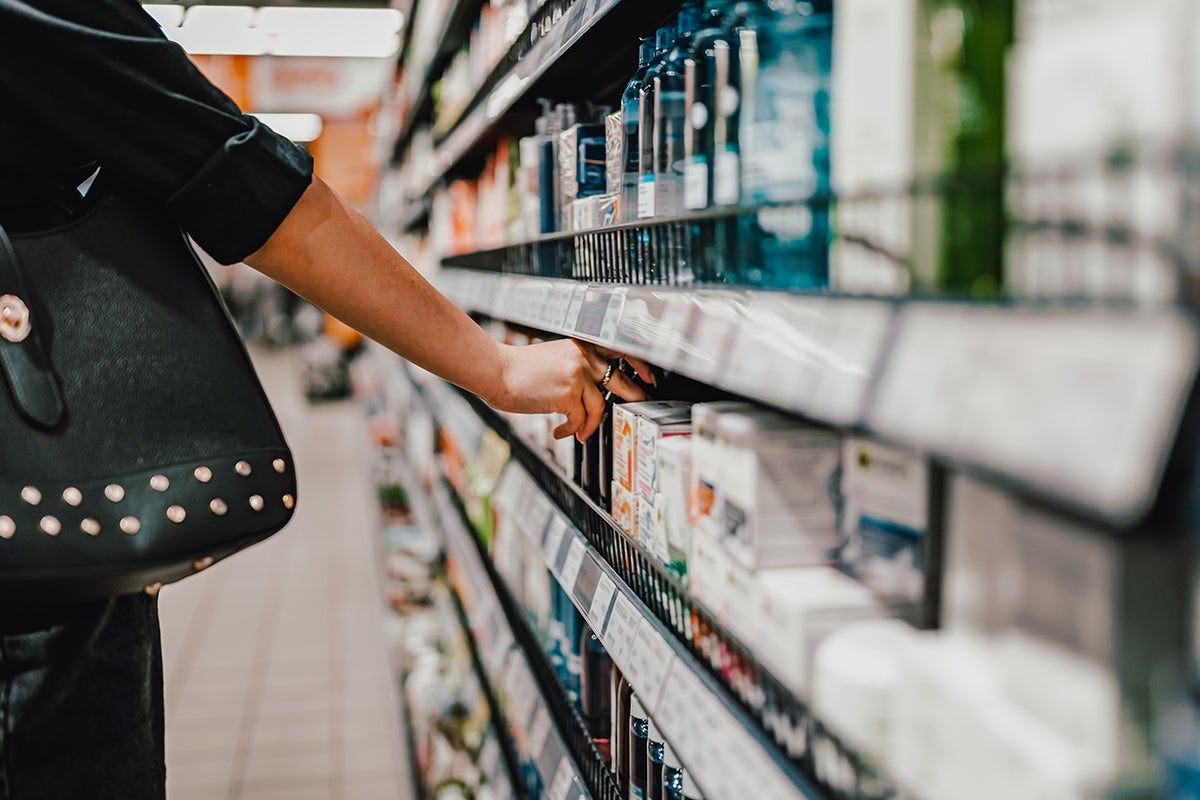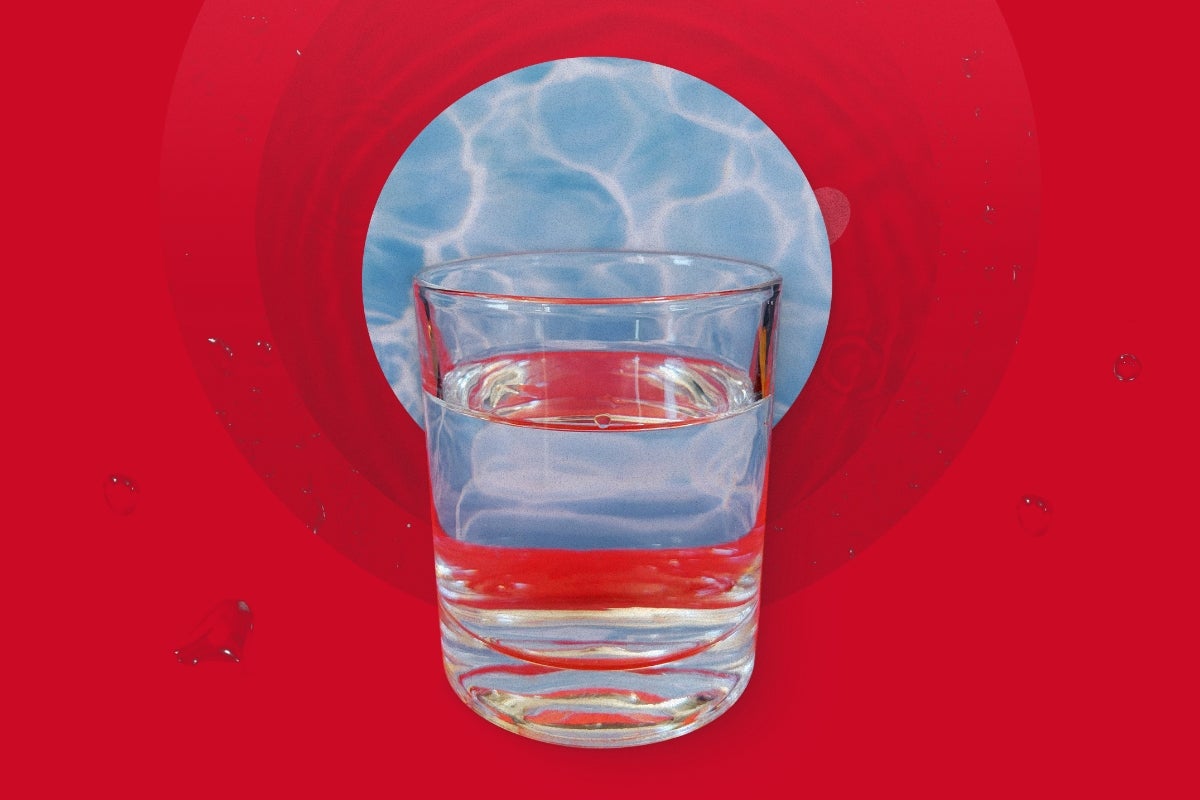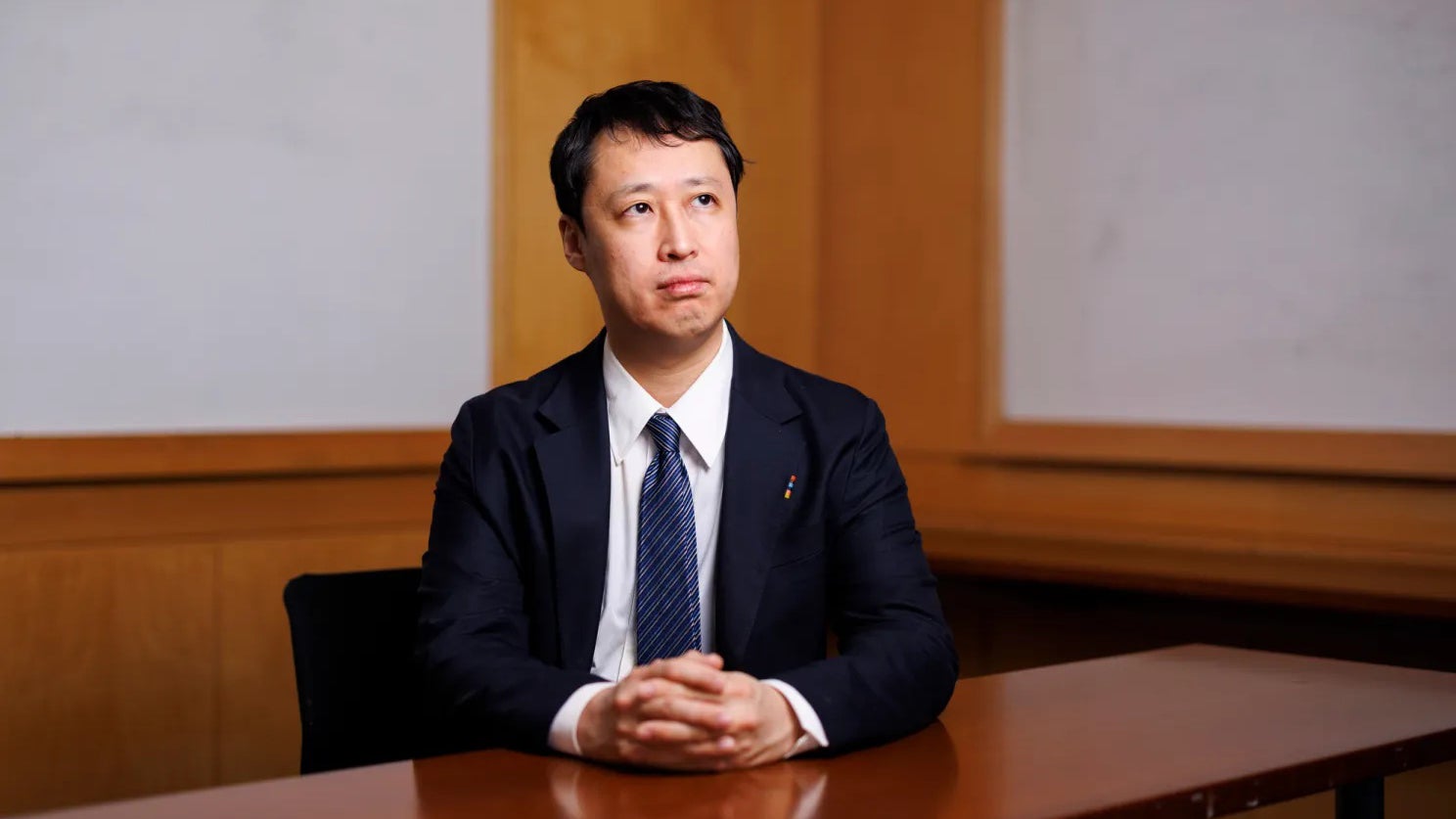Dangerous hair products more commonly sold in Black, low-income neighborhoods

January 9, 2024 – Hair products sold in Boston neighborhoods with higher percentages of people of color and poorer people tend to be more toxic than those sold in neighborhoods with more white and affluent people, according to recent research led by Harvard T.H. Chan School of Public Health doctoral student Marissa Chan.
Chan spoke about the findings of the study, and what can be done to improve the situation, in a January 3 podcast from Environmental Health News. Chan is a fellow at Agents of Change, a program administered by Columbia Mailman School of Public Health, in partnership with Environmental Health News, that aims to amplify the voices of emerging leaders from historically excluded backgrounds in science and academia who are working toward solutions for a just and healthy world.
Chan noted that people of color—notably, Black people—tend to use more leave-in hair products such as gels, lotions, and pomades, and rinse-out products such as hair straighteners. Prior research has found that these products contain endocrine-disrupting chemicals that can interfere with the body’s hormone system and have been linked with reproductive health issues such as early menstruation, breast cancer, and pregnancy problems.
For the study, Chan and colleagues looked at more than 14,000 hair products sold in stores across Boston and used the Environmental Working Group’s Skin Deep database to identify product safety. They found that products sold in neighborhoods with higher percentages of poorer people or people of color—namely, Mission Hill and Roxbury—had higher hazard scores.
To get the word out about their work, Chan and colleagues created a podcast titled Beauty + Justice that focuses on research findings, history and context surrounding beauty injustices, and how to make beauty cleaner and more equitable. Chan has also been partnering with community organizations to host beauty workshops focused on which ingredients to avoid, apps to use for safer shopping, and how people can make their own personal care products.
Chan noted that although currently people have to navigate product safety on their own, “it should not be on the individual to have to shop safely.” While there have been some moves to increase regulation of personal care products, more work needs to be done, she said.
Listen to the Environmental Health News podcast: Marissa Chan on dangerous hair care products in Boston stores
Learn more
Hair product safety could depend on where you live (Harvard Chan School news)
When beauty causes harm (Harvard Chan School news)
Photo: iStock/semenovp


